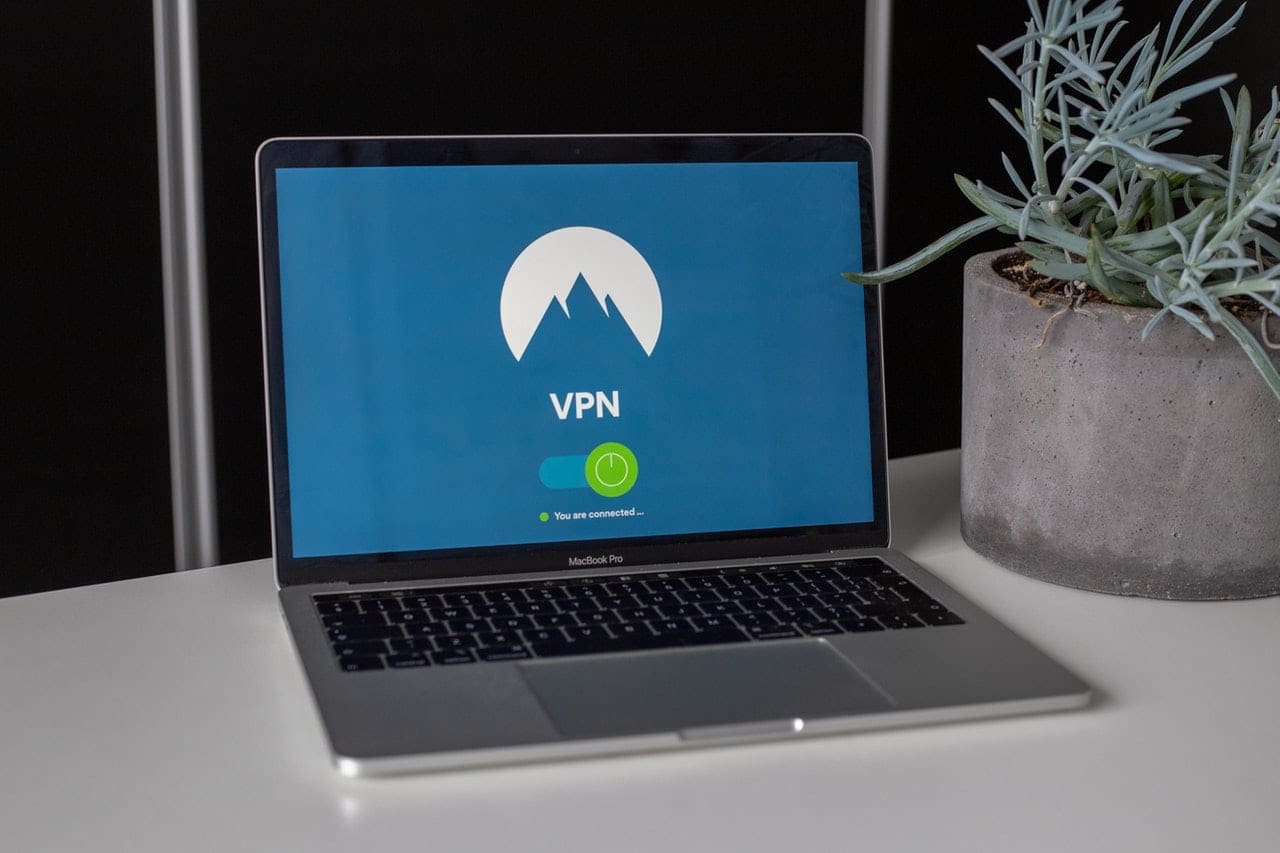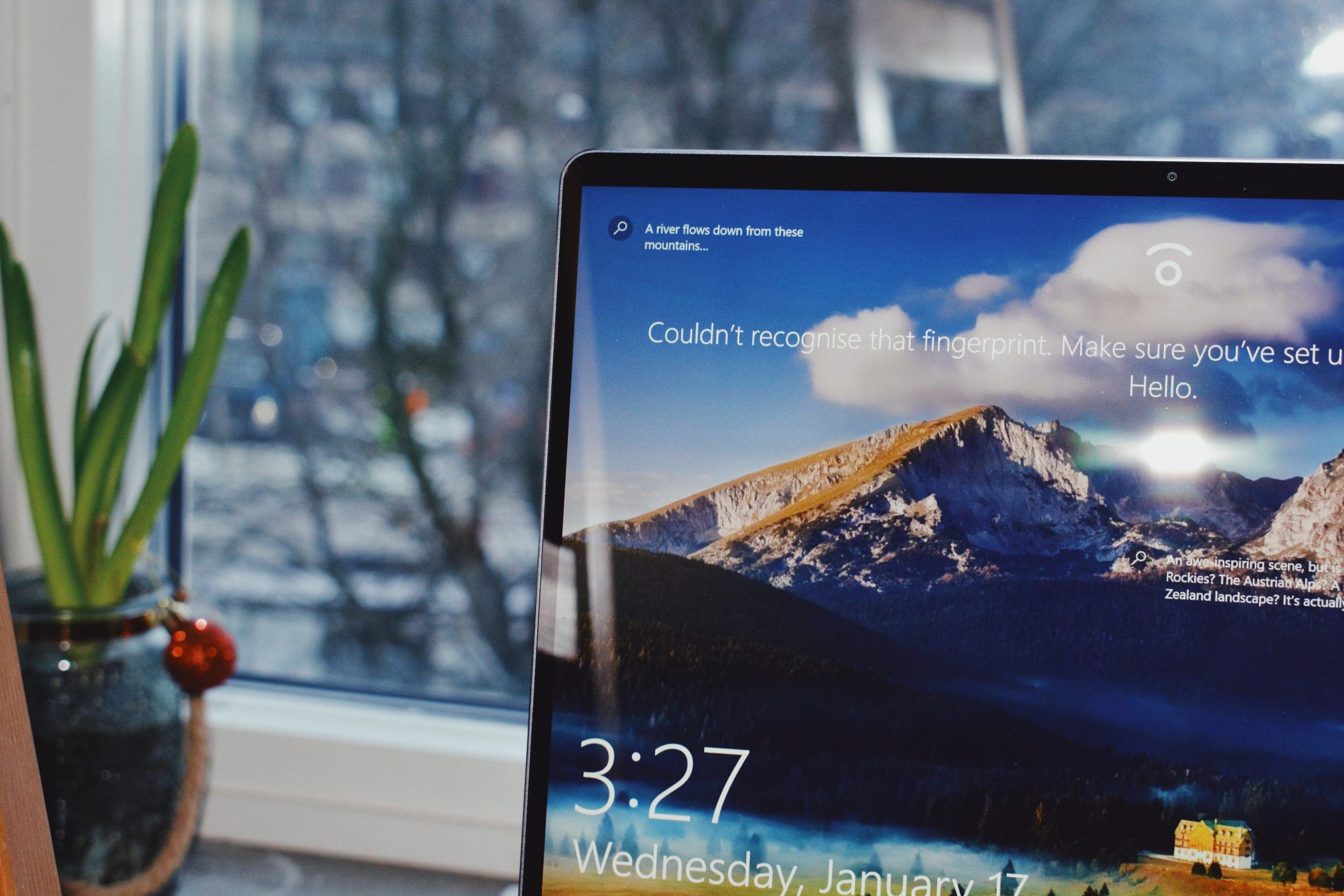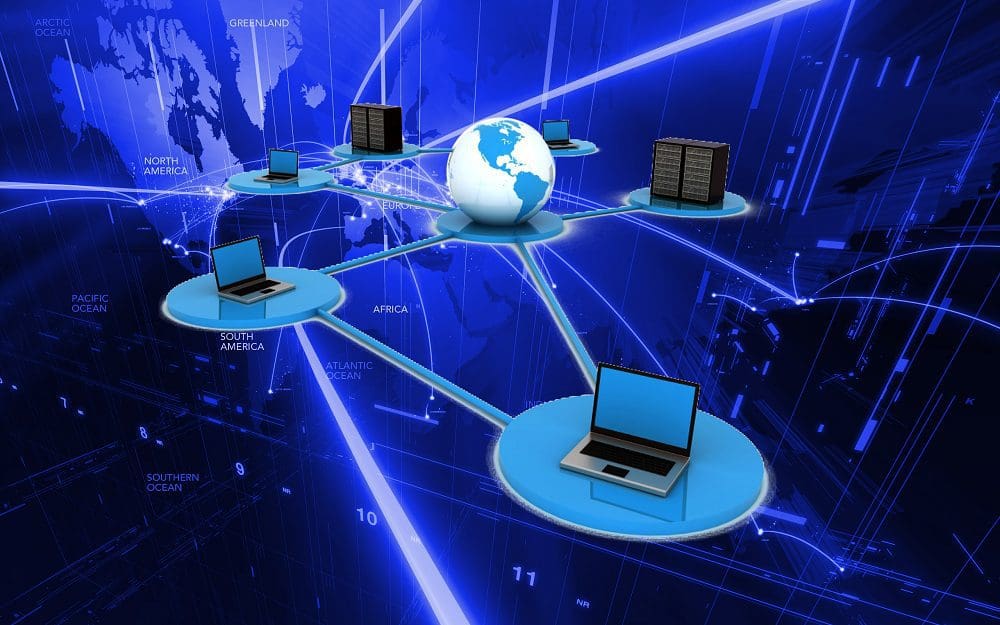If you’re concerned about your privacy on the internet you’ve probably heard about VPNs or Virtual Private Networks. It’s all well and good to say VPNs protect your privacy, but what do they actually hide, and from whom?
Your Browsing Activity
While you can delete your internet history or use “Incognito mode” to hide your usage on your device, it doesn’t stop your ISP or network administrator from being able to monitor your internet usage. Using a VPN, however, will encrypt and relay all of your traffic through the VPN. Your ISP or network administrator will only be able to see that you’re using a VPN. They won’t be able to tell what you’re using it to connect to.
Tip: Some employers will have policies in place against using VPNs as they restrict their network administrator’s ability to monitor internet usage. You should stick to company policy as breaking it could be a fireable offence.
Your IP Address
An IP address is a unique address for your computer on the Internet. Every website that you connect to will know what your IP address is. In the hands of a hacker, your IP address could be used to target hacking attempts at your computer directly. A VPN hides your IP address and replaces it with its own. As far as any websites are concerned, your IP address is the same as the VPNs.
Your Location
One of the many disappointing features of the modern internet is the region locking of certain content. Due to licencing restrictions, some content is only available on certain sites in certain countries. IP addresses are allocated in such a way that its possible to roughly geolocate them, generally down to which city you’re in. This geolocation can be used to restrict you from being able to access certain content.
As mentioned above, a VPN changes your IP address. If you choose a VPN endpoint that is geolocated in the right place, you can use this to access content that you wouldn’t otherwise be able to.
Your DNS requests
This is a little trickier, some VPN providers are able to tunnel your DNS requests through your encrypted VPN, whereas others do not offer this ability. If your DNS traffic is not tunnelled through the VPN, your ISP can analyse it to work out which websites you’re connecting to, although it wouldn’t be able to tell what pages you’re accessing.
Tip: DNS is a protocol used to translate human-readable domain names like “Google.com” to the IP address of the server. The IP address is what the computer actually uses to connect. Unfortunately, DNS is an unencrypted protocol, so your ISP can monitor your DNS traffic, even if you change your DNS provider to not use your ISP’s service. Tunneling your DNS traffic over the VPN is the only way to avoid this.
Who are you hiding from?
VPNs are often said to protect your privacy, and they do, in a way. Realistically they just change who can see certain bits of information. Whenever you connect to anything over the internet, every server that your data goes through can read the data you’re transmitting. Most obviously this includes your network administrator (on a corporate network for example), your ISP and the website you’re connecting to. You may not know that this also includes all of the servers between your ISP and the website too which can be dozens of servers. Online trackers such as advertising networks are another group that you may want privacy from.
A VPN can stop your network administrator or ISP from tracking your web usage or stop a website from knowing your real IP address. However, the VPN provider can still see all of this data. Most providers claim that they don’t store logs of your usage, but it’s completely possible for them to do so.
You can’t stop using the intermediary servers used to connect to websites. A VPN will likely change which specific servers you connect through, but you’ll still go through some. Your main protection against them is encryption, both in the VPN connection and through HTTPS. Encryption hides the contents of your network communications from the intermediary servers, they’ll only be able to see the information needed to route the data to its destination.
Privacy from advertising and tracking networks is the hardest. Their reach is almost universal, and any bits of information shared between your usage on the VPN, and off of it, can be used to help tie the two identities together. You’ll likely never have true privacy from the trackers, but A VPN can help you make a clean break between tracker identities, if you’re careful not to link them.




You left out an important party who can see your browsing and other activity whether or not you use a VPN – your OS provider. If you are running Windows 10 with default settings then Microsoft is getting your internet activity, app usage, Cortana requests, etc. This may or may not be a problem for you, but it is kind of silly to hide your browsing activity from your ISP with a VPN while sending the same and more information to Microsoft.